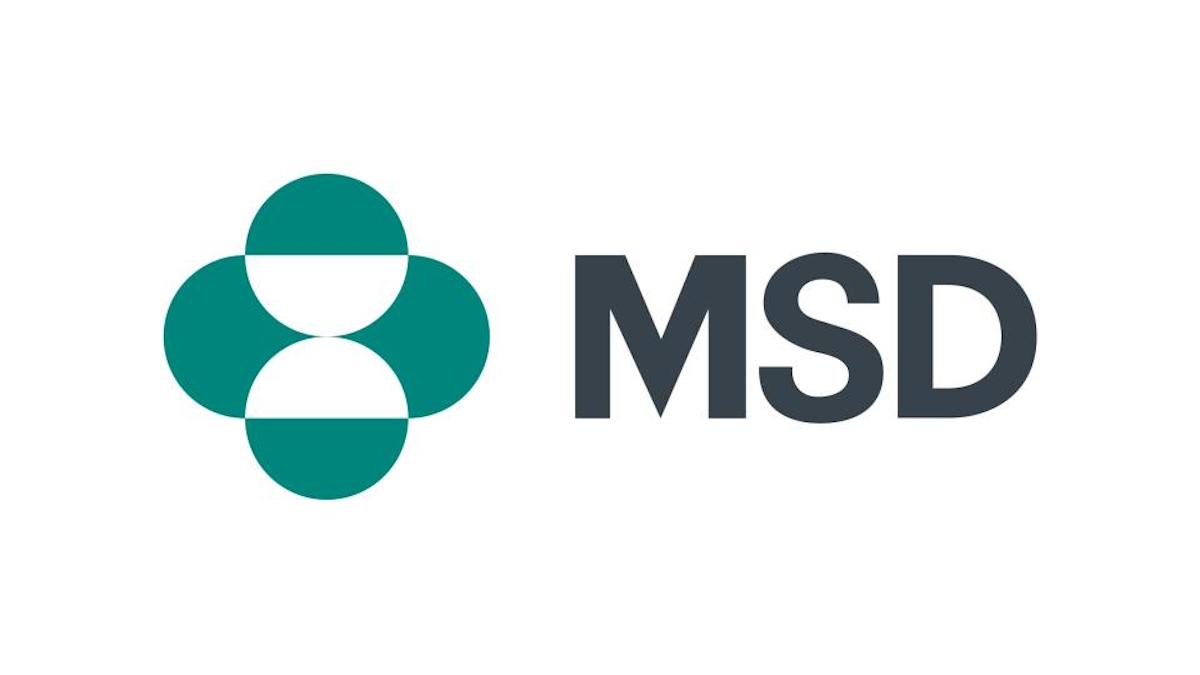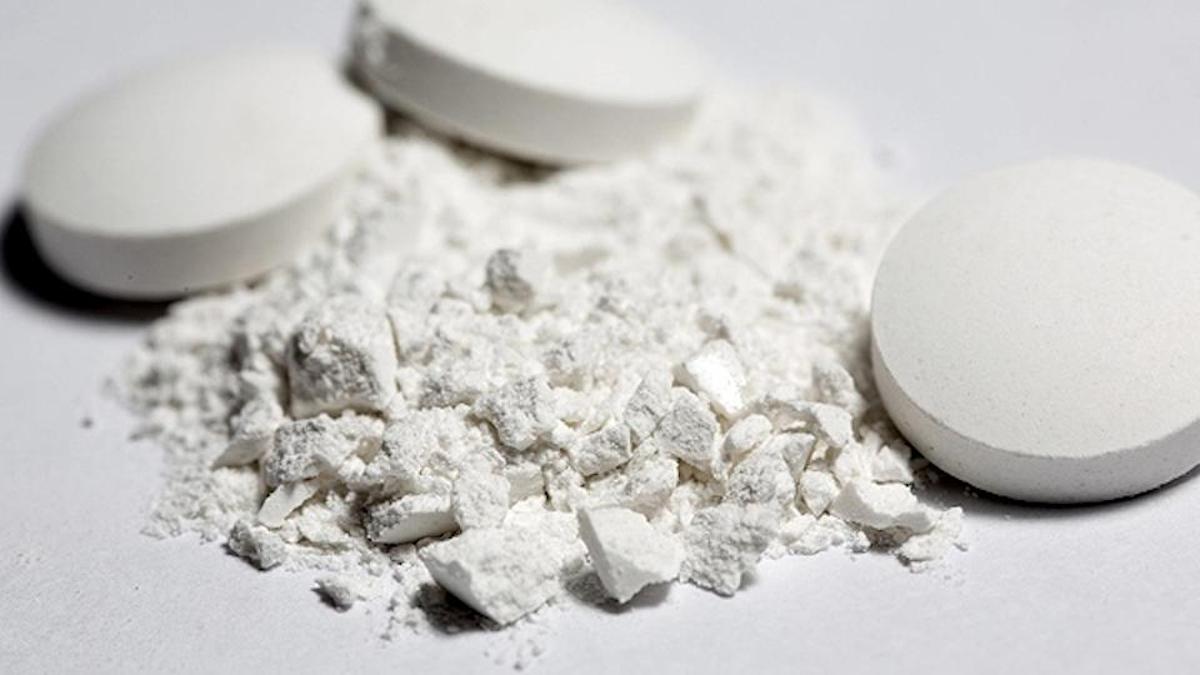MSD says subcutaneous Keytruda matches IV form

A subcutaneous formulation of MSD's top-selling cancer immunotherapy, Keytruda, was non-inferior to the current intravenous version in a head-to-head trial, setting up regulatory filings.
The new injectable version could provide a more convenient treatment option for patients and also extend the patent protection for Keytruda (pembrolizumab) – which contributed $25 billion of MSD's $60.1 billion global sales last year – which could lose market exclusivity before the end of the decade.
The phase 3 MK-3475A-D77 trial tested subcutaneous and intravenous Keytruda given every six weeks in combination with chemotherapy as a first-line treatment for metastatic non–small cell lung cancer (NSCLC), one of the immunotherapy's biggest revenue drivers.
The study revealed that the concentrations of pembrolizumab in the body achieved using both delivery routes were comparable, with efficacy and safety measures "generally consistent," said MSD, which is known as Merck & Co in the US and Canada.
The subcutaneous version is a co-formulation of pembrolizumab and berahyaluronidase alfa, a hyaluronidase enzyme developed by Alteogen. The enzyme temporarily hydrolyses hyaluronan in the extracellular matrix of the subcutaneous layer of skin, making it possible to deliver larger volumes of drug material and improve dispersion and absorption.
The new version has an administration time of around two to three minutes, whereas intravenous Keytruda requires a 30-minute infusion procedure. MSD hopes that showing equivalence with the current formulation will allow regulators to approve it with the same long list of indications.
Dr Marjorie Green, head of global clinical development, oncology, at Merck Research Labs, said the subcutaneous route "has the potential to improve the patient experience as well as increase access for patients and healthcare providers compared to intravenous administration."
She added: "We plan to discuss these results with regulatory authorities worldwide as soon as possible."
MSD is also running another phase 3 trial (MK-3475A-F84) comparing the new version to the current Keytruda in the first-line treatment of PD-L1-high advanced NSCLC, and a phase 2 study (MK-3475A-F65) of subcutaneous Keytruda given alone in relapsed or refractory classical Hodgkin lymphoma and relapsed or refractory primary mediastinal large B-cell lymphoma.
Another phase 2 trial will gauge patient reactions to the two formulations to see if they prefer the new version.
Rival cancer immunotherapies, including Bristol-Myers Squibb's Opdivo (nivolumab) and Roche's Tecentriq (atezolizumab) are also being developed in subcutaneous versions, although these are deploying a rival hyaluronidase technology from Halozyme. Subcutaneous Tecentriq is out in front, having already been approved for marketing.












